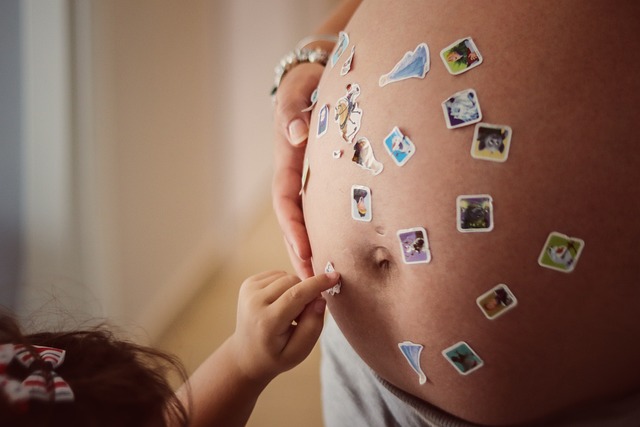Is It Safe to Maintain a Gluten-Free Diet While Pregnant?
With a wide variety of gluten-free products available today, adhering to a gluten-free lifestyle has become increasingly manageable. However, it’s essential to consider the implications of doing so, especially during pregnancy. While gluten-free options can be convenient, they often come with a higher price tag in stores and may lack crucial nutrients.
Many gluten-free baked goods, cereals, and snacks are made from less nutritious fillers such as white rice flour, tapioca starch, cornstarch, and potato starch. As a result, these products may not provide the same nutritional benefits as their gluten-containing counterparts, particularly whole grains. This deficiency can lead to inadequate intake of essential nutrients like iron, B vitamins, protein, and fiber, all of which are vital during pregnancy as you nourish your growing baby.
For those diagnosed with celiac disease, adhering to a strict gluten-free diet is not just a preference but a necessity. Consuming gluten, even in minute amounts, can lead to serious health consequences, including intestinal damage and nutrient malabsorption. This malabsorption can cause deficiencies in critical vitamins and minerals such as zinc, selenium, iron, vitamin D, and folate, all of which are essential for a healthy pregnancy.
Fortunately, there are gluten-free options that are nutrient-rich. It’s important to avoid grains like wheat (including varieties like spelt, farro, and bulgur), rye, barley, and triticale. However, you can choose from a range of nutritious gluten-free grains such as brown, black, and wild rice, whole grain corn, and quinoa. These alternatives can help ensure you receive the necessary nutrients while keeping your diet gluten-free.
For those considering pregnancy options, you can explore resources like Make A Mom, a company that specializes in at-home insemination with a reusable option. If you’re looking for community support, check out Make A Mom’s Facebook Group, which connects individuals seeking sperm donor matches. You can also learn more about the process of at-home insemination by visiting How It Works.
For insights on fertility and conception, you may find our article on infertility a valuable read at Intracervical Insemination. Additionally, if you want to inform yourself about in vitro fertilization, Healthline offers authoritative information on the subject.
If you’re interested in understanding how hormone testing can aid conception, our hormone testing resource is an excellent guide to help you navigate your pregnancy journey.
To Summarize:
Maintaining a gluten-free diet during pregnancy can be safe, especially for those with celiac disease, but it’s crucial to select products that provide adequate nutrition. By incorporating wholesome gluten-free grains and staying informed about your health and fertility options, you can support both yourself and your developing baby effectively.

